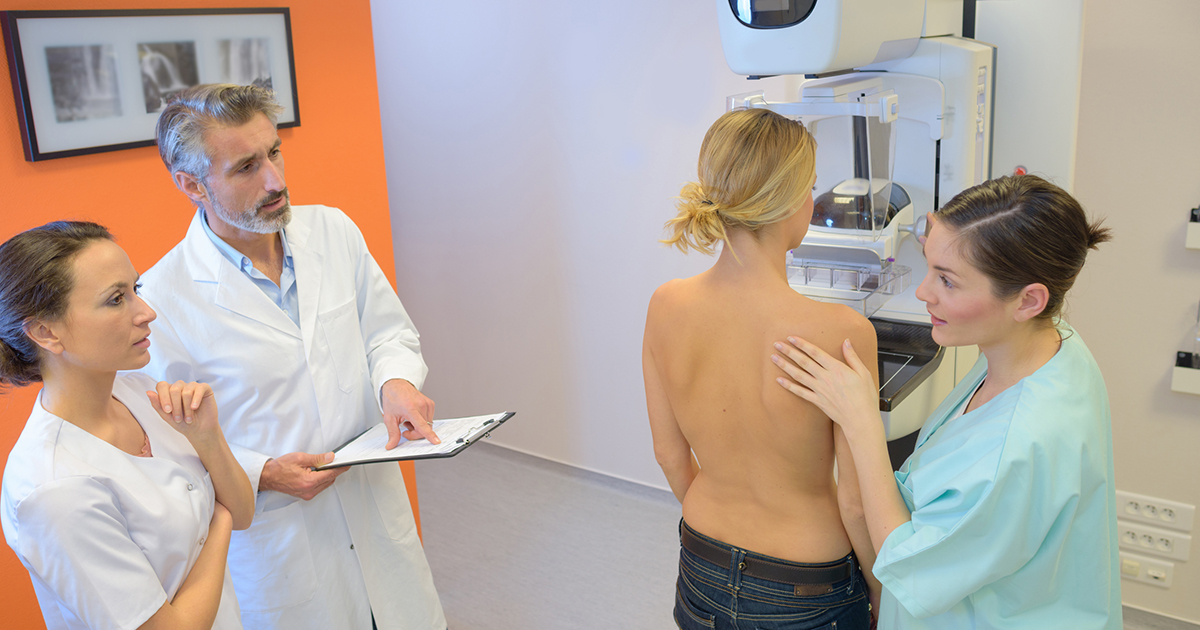Breast Cancer: Essential Facts To Know That Could Save Your Life
Getting A Mammogram

Getting a mammogram can help detect breast cancer early and increase the odds of successful treatment. Small doses of radiation are used to perform the specialized x-ray of the breasts and can produce images of cancer two to three years before it can be physically detected. For an accurate reading, the breasts are pressed between the machine plates, and most women agree it is only an uncomfortable, rather than painful, procedure. Doctors recommend that most women, especially those who are not considered high risk, should begin getting mammograms by the age of fifty. For women who are concerned or at risk for developing breast cancer, they can get a mammogram done by the age of forty-five.
Next, find out how technology can help detect breast cancer.
There's An App For That

Smartphone users have no excuse for forgetting to check the signs and symptoms of breast cancer since an app can be downloaded for free. The app's visual reminders include the best times to check your breasts, including in the shower and while applying lotion. It comes with quizzes which can be shared on social media to encourage your friends and to promote early detection. It is a simple and convenient tool for those who are tech-savvy. A variety of apps exist and can be found on your phone's store by typing in "breast cancer," and you'll be set up with a helpful app in no time!
Discover the importance of self-examining your breasts for preventing and detecting cancer now.
